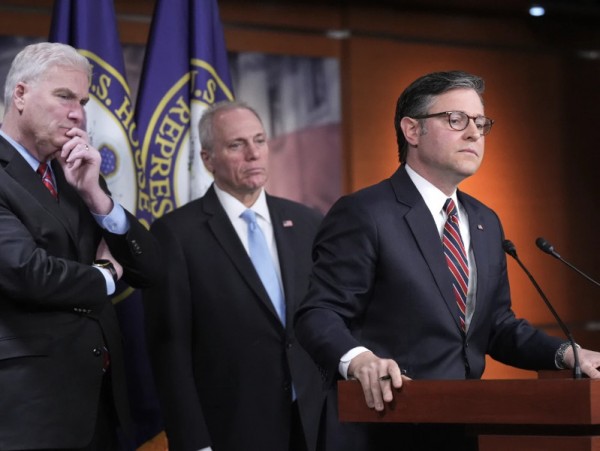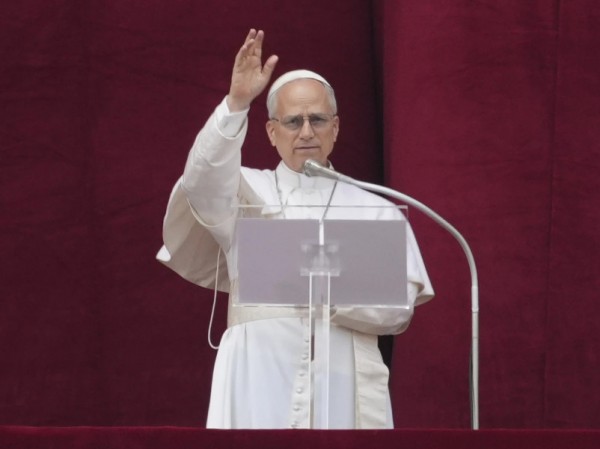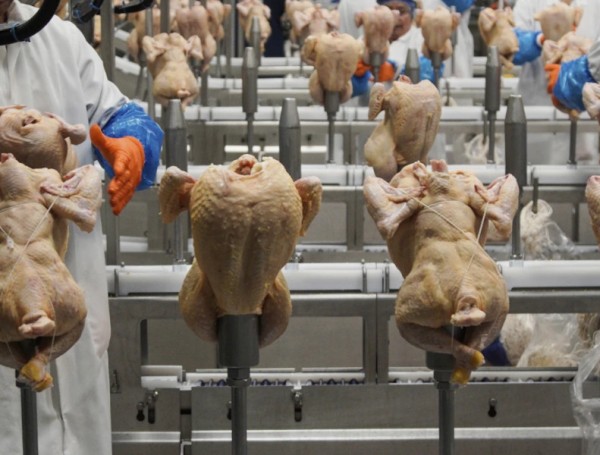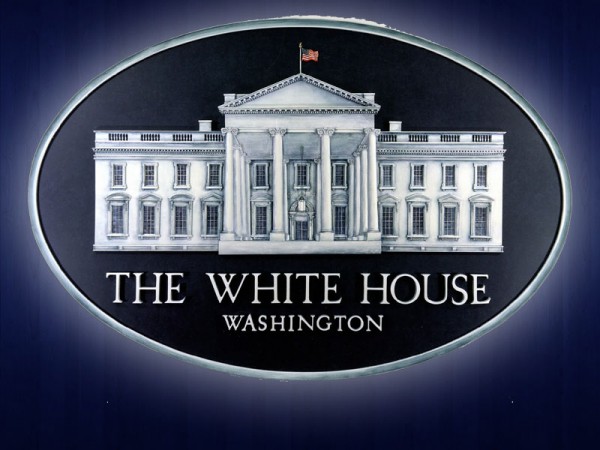BRASILIA, Brazil (AP) — The next United Nations climate conference, COP30, will be held in Belem, the capital of an Amazon region where widespread deforestation mainly driven by cattle farming has turned the surrounding rainforest from a vital carbon sink into a significant carbon source.
Now a new report concludes around 80% of Brazil’s leading beef and cow leather companies and their financiers have made no commitments to stop deforestation.
The study, released Wednesday by the environmental nonprofit group Global Canopy, highlights the country´s most influential beef and leather producers and processors along with financial institutions that have supported them with $100 billion. This amount is one-third of the annual funding that wealthy nations pledged to provide for climate finance in developing countries during COP29 last month in Baku, Azerbaijan.
“Although cattle is the single most influential commodity for deforestation and linked greenhouse gas emissions, the report ... reveals a picture of staggering inaction from corporates and financial institutions alike in Brazilian supply chains,” the study said.
The record is poor even among companies that commit to halting deforestation, such as JBS, according to the report. The giant meatpacker is one of the few to make such commitments and one of only two to have a system for tracing cattle all the way to the production unit. Yet the report ranks the company as the most likely to be buying cattle and cow leather from recently deforested land.
This assessment of deforestation risk is based on the number of cattle bought from ranchers in each Brazilian municipality and its deforestation rate. Meatpackers buying from high-deforestation areas are more likely to source from recently cleared land than those buying from low-deforestation areas. The methodology was created by Do Pasto ao Prato, an independent Brazilian consumer app that aims to increase transparency in the livestock sector.
"Commitments are critical as one of the first steps a company takes to address deforestation," Emma Thomson, one of the coauthors, told The Associated Press. “But it has to be followed by effective implementation and by monitoring suppliers and indirect suppliers for compliance with those standards. It has to have effective traceability mechanisms and transparent reporting on the progress that is — or isn´t — being made.”
Besides JBS, the report lists three processing companies with units based in Para state as likely to be buying cattle and cow leather from recently deforested land: Mercurio, Mafrinorte and Frigol.
In a written response, JBS said the study's methodology provides a simplistic and inaccurate assessment of deforestation risk, ignoring factors such as corporate policies, sustainable procurement systems and exclusion of noncompliant suppliers.
The company said that since 2009 it has maintained a system to ensure suppliers meet socio-environmental criteria. “The companies that have made significant progress in their controls end up being criticized, and their transparency is used not as an incentive but as a penalty,” it said.
Mercurio, Mafrinorte and Frigol didn´t reply to requests for comment.
Global Canopy´s report was funded by the Bezos Earth Fund. Do Pasto ao Prato is financed by Norway’s International Climate and Forest Initiative.
The state of Para harbors Brazil´s second largest cattle herd, with 25 million animals — and 35% of its territory is cleared, an area slightly smaller than Syria. As a result, it ranks first in greenhouse gas emissions among Brazilian states. A landmark study published in the journal Nature in 2021 found that the eastern Amazon, where Para is located, has ceased to function as a carbon sink, or absorber, for the Earth, due to widespread deforestation and climate change.
Niki Mardas, executive director of Global Canopy, said there will be an update to Wednesday's baseline report in the runup to COP30 next November, when all eyes will be on the Amazon. “This isn't a fixed picture. This is a call to action.”
___
The Associated Press’ climate and environmental coverage receives financial support from multiple private foundations. AP is solely responsible for all content. Find AP’s standards for working with philanthropies, a list of supporters and funded coverage areas at AP.org.


















